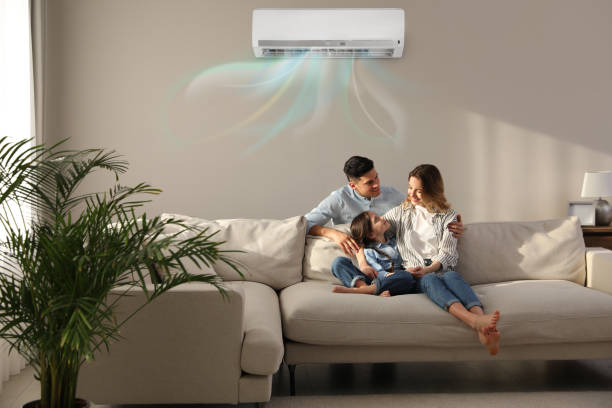Choosing the best AC unit for your home or office is a crucial decision that requires careful consideration of several factors, including your specific cooling needs, budget, energy efficiency, and installation requirements. With a plethora of options available in the market, it’s essential to understand what to look for to make an informed decision. Here’s a guide to help you choose the best AC unit for your space:
- Determine Your Cooling Needs: Assess the size and layout of the area you need to cool to determine the appropriate cooling capacity required. The cooling capacity of an AC unit is measured in British Thermal Units (BTUs) per hour. Calculate the square footage of the space and choose an AC unit with the appropriate BTU rating to ensure efficient and effective cooling.
- Consider Energy Efficiency: Energy efficiency is a critical factor to consider when choosing an AC unit, as it impacts both your environmental footprint and energy bills. Look for units with high Seasonal Energy Efficiency Ratio (SEER) ratings, which indicate how efficiently the unit converts electricity into cooling output. Energy-efficient models not only reduce your carbon footprint but also save you money on utility bills over time.
- Evaluate Noise Levels: The noise level of an AC unit can significantly impact your comfort, especially if you plan to install it in living spaces or bedrooms. Look for units with lower decibel (dB) ratings, which indicate quieter operation. Split-system air conditioners tend to be quieter than window units since the noisy components are located outside the living area.
- Choose the Right Type of AC Unit: There are various types of AC units available, including window units, split-system units, portable units, and ductless mini-split systems. Consider factors such as installation requirements, space limitations, and aesthetic preferences when choosing the right type of AC unit for your needs.
- Check for Additional Features: Modern AC units come with a range of features designed to enhance comfort and convenience. Look for features such as programmable thermostats, adjustable fan speeds, sleep modes, and air purification filters. These features can improve energy efficiency, indoor air quality, and overall comfort levels.
- Review Warranty and Service Plans: Before making a purchase, review the warranty coverage and available service plans offered by the manufacturer or retailer. A comprehensive warranty provides added protection and peace of mind, covering potential repairs or replacements in case of malfunctions or defects.
- Consider Installation and Maintenance Requirements: Factor in installation and maintenance requirements when choosing an AC unit. Determine whether professional installation is necessary and consider the long-term maintenance needs of the unit, including filter replacements, coil cleaning, and system inspections.
- Read Reviews and Compare Prices: Take the time to research different brands, read customer reviews, and compare prices before making a final decision. Consider factors such as reliability, customer satisfaction, and overall value for money when evaluating different AC units.
In conclusion, choosing the best AC unit involves considering factors such as cooling capacity, energy efficiency, noise levels, type of unit, additional features, warranty coverage, installation requirements, and budget constraints. By carefully assessing your specific needs and preferences and conducting thorough research, you can select an AC unit that provides optimal comfort, efficiency, and reliability for your home or office space.
